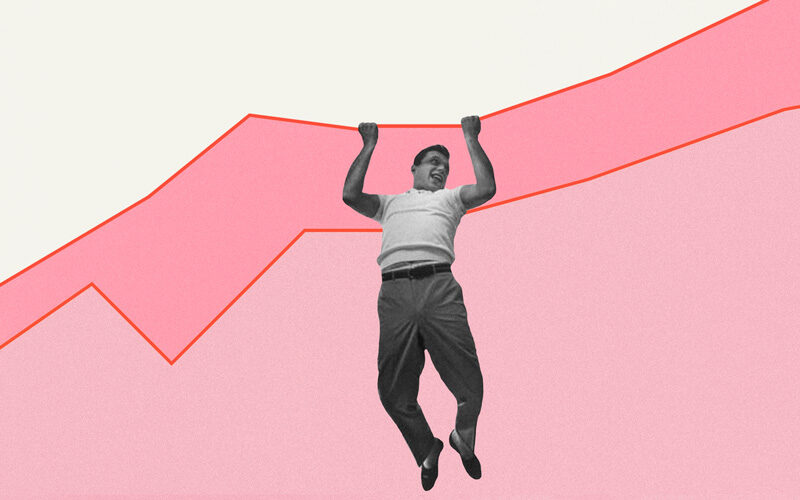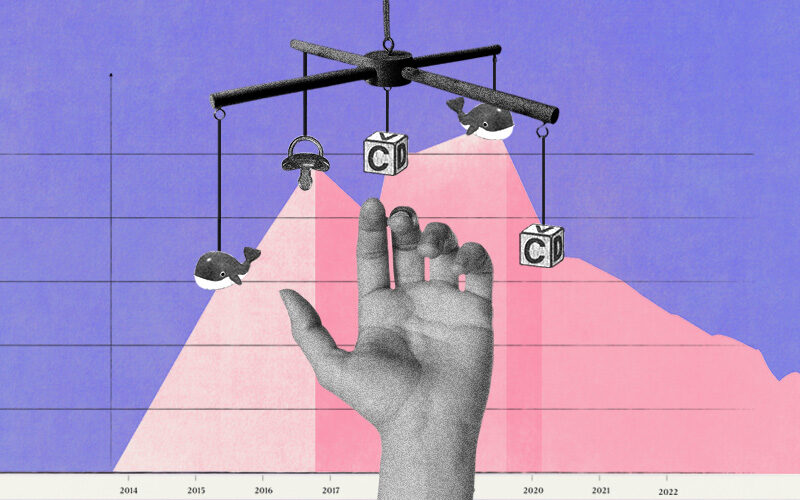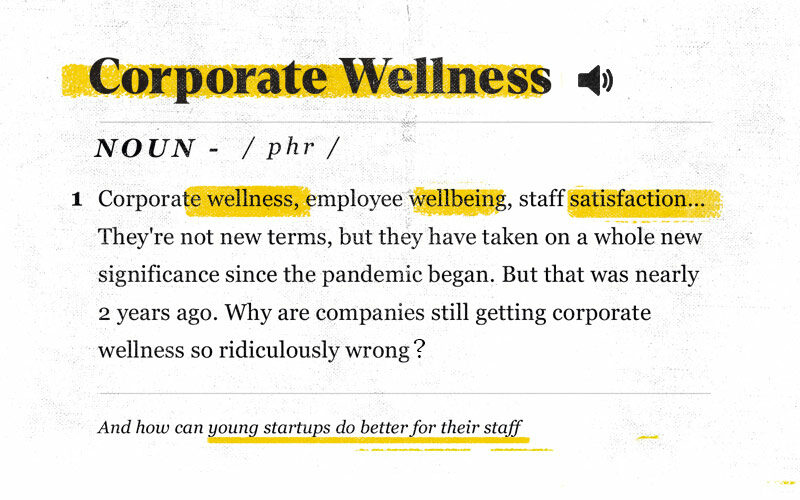People often think if you want to achieve something great, you have to sweat for it.
It’s no secret many startup founders put in between 60-100 hours a week to get their business up and running. Founders also are 50% more likely to experience mental health issues and conditions like burnout.
What’s driving this intense ambition and activity? What gets these people out of bed every morning to face another gruelling day?
Traditional belief is that it’s “self discipline”.
Ohio State University psychologist Kentaro Fujita describes willpower as “an angel on one side and devil on the other, and they battle it out. We tend to think of people with strong willpower as people who are able to fight this battle effectively”.
But the limited science we have on mental self-disciplinary muscles states that people who have strong self-control don’t experience these battles in the first place.
In a 2011 study, participants were given BlackBerry phones that would send notifications at random, asking them questions about what temptations or desires they experienced at that moment. send them requests at random times to report any desires or temptations.
It was found that those with stronger self control weren’t reporting tonnes of temptations and simply resisting them at every turn. They reported having fewer temptations. It wasn’t a decision or a daily battle.
It suggests that how good we are at resisting temptation or forcing productivity comes down to whether we want things or not, and how much.
Temptations hit startup founders at every corner – whether it’s chasing hyped-up tech trends, feeding your ego as a CEO, throwing money at a moonshot idea, or chucking it all in before it’s time.
It raises the question: can you only achieve things if you want them enough? Does willpower even exist?
Forcing it
We’ve all had those “I’ll just power through” moments – pulling all-nighters to hit uni deadlines, pulling overtime to save cash, trying to hit deadlines for big work projects.
These things might’ve been important at the time. But that one night of missed sleep will have taken a physical toll on your mind and body. You might have felt emotional the next day, experienced brain fog, or noticed a 30% rise in anxiety levels like the participants in a University of California sleep study.
A good night’s sleep the next night will help you regulate. But these kinds of impacts are dangerously cumulative.
In the startup-sphere, late and sleepless nights are common. There’s a lot of “just powering through” – in other words, forcing productivity. It’s running an override on our physical limits and the alarm bells telling us to slow down.
Already under the influence of pressure and obsession, founders who fail to prioritise self care end up burning out. This causes fatigue and poor decision making at best, physical symptoms such as headaches and stomach aches, and a long-term toll on your health at worst.
Then there are the mental impacts such as a high level of cynicism, self-doubt, and removing yourself from social interactions or other important commitments.
And yet we’re still glorifying it.
Founders and high professional achievers are praised for the sheer force of will that got them where they are. But to praise this robotic commitment to success at all costs is kind of weird – because no founder is a robot.
Naturally, taking a holiday every quarter might not be feasible when you’re trying to get off the runway.
But Buffer co founder Joel Gascoigne says founders need to take a break every 5 years. He went through financial troubles and had trouble deciding Buffer’s future with his co-founder. Layoffs, major changes, and even relationship problems caused Gascoigne’s stress levels to slowly build up.
During this transition period, adrenaline propelled him forward. But once his company stabilised in 2017, his adrenaline died out and his motivation plummeted. Apathy, depression, and sensitivity took over.
It wasn’t until he took a 6-week break to recharge that everything returned to normal.
He says: “After so long working on something, especially with the intensity of a startup, it’s natural for there to be a build-up and dip in motivation. I believe we all need a reset every five years or so.”
What’s better than self discipline?
Self discipline matters in the minutiae. You need a healthy dose of it to stick to schedules, meet deadlines, and get the admin done. You need to summon a kind of mental fortitude to make those calls you don’t want to make, or have those difficult conversations you’ve been putting off.
Emotional intelligence (EQ – as opposed to IQ) matters when you’re interacting with employees, venture capitalists, and customers (in other words, people). It can also help founders manage their emotions and impulses.
95% of founders agree EQ triumphs IQ and nearly 60% believe incorporating EQ into culture is incredibly important.
Focusing on this is perhaps a better alternative to dogged self discipline, as well as mindfulness. 66% of founders who practise mindfulness report handling stress better, while 60% report better decision-making and focus.
Mindful leadership preaches self-awareness and calls for founders to regulate their thoughts, emotions, and values. This brings in more presence and self-compassion to grow their business and generate positive outcomes for all parties involved.
Generation Ventures VP Laura Lenz points out high EQ founders are always asking questions, using their employees as important soundboards: “Do they encourage their management team to respond to questions in diligence or around the boardroom table? A founder should demonstrate a strong conviction, even a healthy dose of ego, but they cannot overdo it.”
Then there’s the way we manage our lives outside of our work.
Firstly, you have to have a life outside of work.
Change Your Habits, Change Your Life author Tom Corley says 50% of the successful people he interviewed wake up at least three hours early before beginning work. That extra three hours is spent exercising, planning, reading, or doing simple household or lifestyle tasks.
Virgin founder Richard Branson wakes up at 5am every day to bike or play tennis and considers it an integral part of his success: “I seriously doubt that I would have been as successful in my career (and happy in my personal life) if I hadn’t always placed importance on my health and fitness.”
Science backs him up, showing that regular exercise can improve your mental health, memory, energy levels, and makes you happier overall.
Self “discipline” is a term akin to “punishment”. But you don’t need to dole out self-punishments in the form of long hours, self deprivation, or feeling guilty if you didn’t get through today’s to-do list. And if you’re doing what you love, the effort and commitment you put into your day-to-day won’t feel like one.











